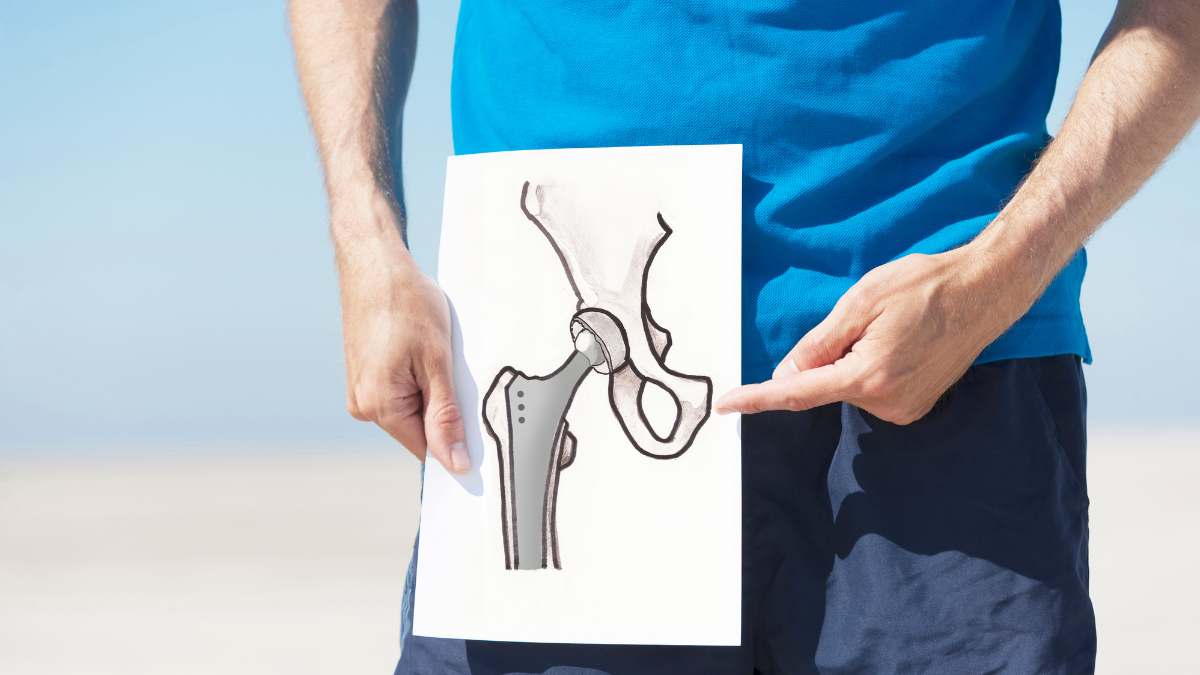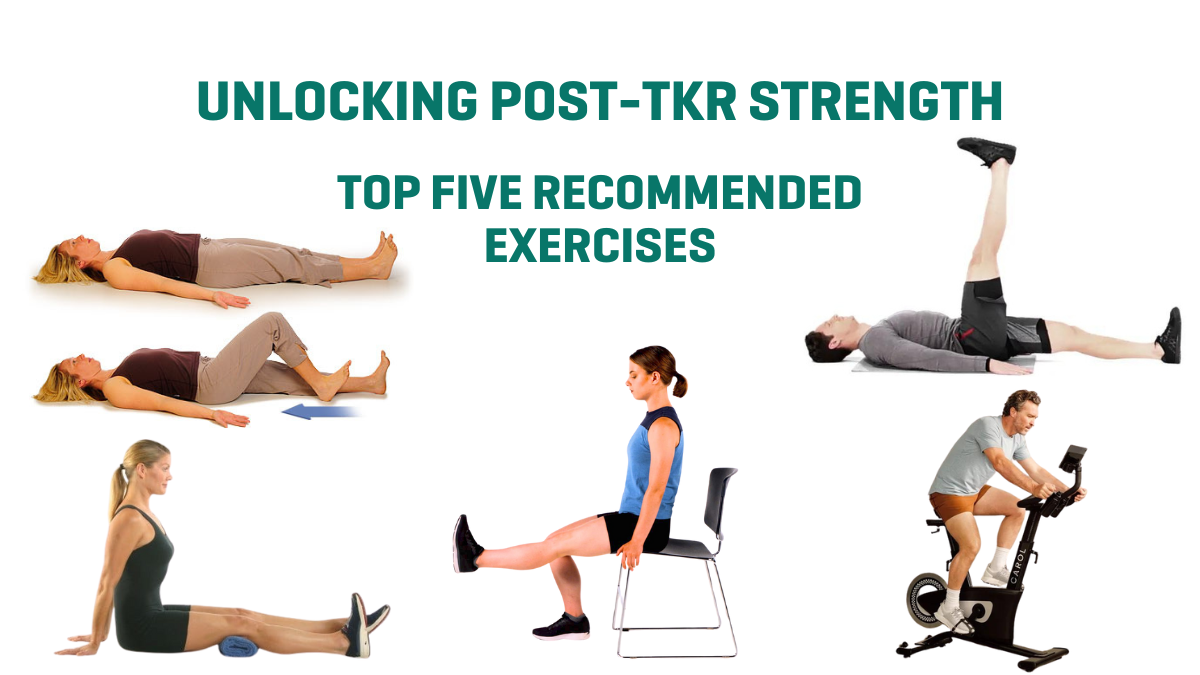- Opening hours: 24 Hours
- Call us today: +91 86960-97555
- Email us: info@drsskhatri.com
Impingement syndrome of the shoulder is a common condition that can cause pain and discomfort in the shoulder joint. The condition occurs when the tendons and muscles of the rotator cuff become pinched or compressed against the bony structures of the shoulder. This impingement can cause inflammation, swelling, and pain in the shoulder, and if left untreated, can lead to more severe shoulder injuries.
A rotator cuff is a group of muscles and tendons that surround the shoulder joint. These muscles and tendons help to stabilize and move the shoulder joint, allowing us to perform a wide range of movements, from lifting heavy objects to throwing a ball. However, when the rotator cuff is subjected to repetitive stress, such as from overuse or injury, it can become damaged or inflamed. This inflammation can cause the tendons and muscles of the rotator cuff to swell, leading to impingement.
There are several factors that can increase the risk of developing impingement syndrome of the shoulder. These include repetitive overhead activities, such as painting or throwing a ball, poor posture, weak shoulder muscles, and bone spurs or other bony abnormalities in the shoulder joint.
Symptoms of impingement syndrome can vary depending on the severity of the condition. Mild cases may only cause occasional discomfort or a dull ache in the shoulder, while more severe cases can cause intense pain, weakness, and limited mobility in the shoulder joint. Other symptoms may include popping or clicking sounds in the shoulder joint, difficulty sleeping due to shoulder pain, and a feeling of weakness or instability in the shoulder.
If you are experiencing symptoms of impingement syndrome of the shoulder, it is important to seek medical attention from a healthcare professional. A doctor or physical therapist can perform a physical exam to assess the extent of the impingement and recommend appropriate treatment options.
Treatment for impingement syndrome of the shoulder may include rest, ice, and anti-inflammatory medication to reduce pain and swelling. Physical therapy may also be recommended to help strengthen the muscles of the shoulder and improve the range of motion. In more severe cases, surgery may be necessary to relieve an impingement and repair any damaged or torn tendons in the rotator cuff.
Prevention is key when it comes to impingement syndrome of the shoulder. Avoiding repetitive overhead activities, maintaining good posture, and strengthening the muscles of the shoulder through regular exercise can help reduce the risk of developing impingement syndrome. If you do participate in activities that require repetitive overhead movements, be sure to take frequent breaks and stretch your shoulder muscles regularly.
In conclusion, impingement syndrome of the shoulder is a common condition that can cause pain and discomfort in the shoulder joint. It is important to seek medical attention if you are experiencing symptoms of impingement syndrome, as early intervention can help prevent further damage to the rotator cuff. With proper treatment and prevention measures, most people with impingement syndrome of the shoulder can return to their normal activities without pain or discomfort.
Get Best & Affordable Treatment.
Get In Touch In The Mean Time.
Our mission is to provide high quality chiropractic care, supportive therapies and nutritional weight loss solutions
Plot No. 7a, Amrapali Marg
Block a,
Vaishali Nagar, Jaipur
Get an Appointment
Team of Professionals




Read Our Latest News & Articles
Find out what’s new and get updates on treatments, procedures, incredible patient stories, and special cases in our blog section.





